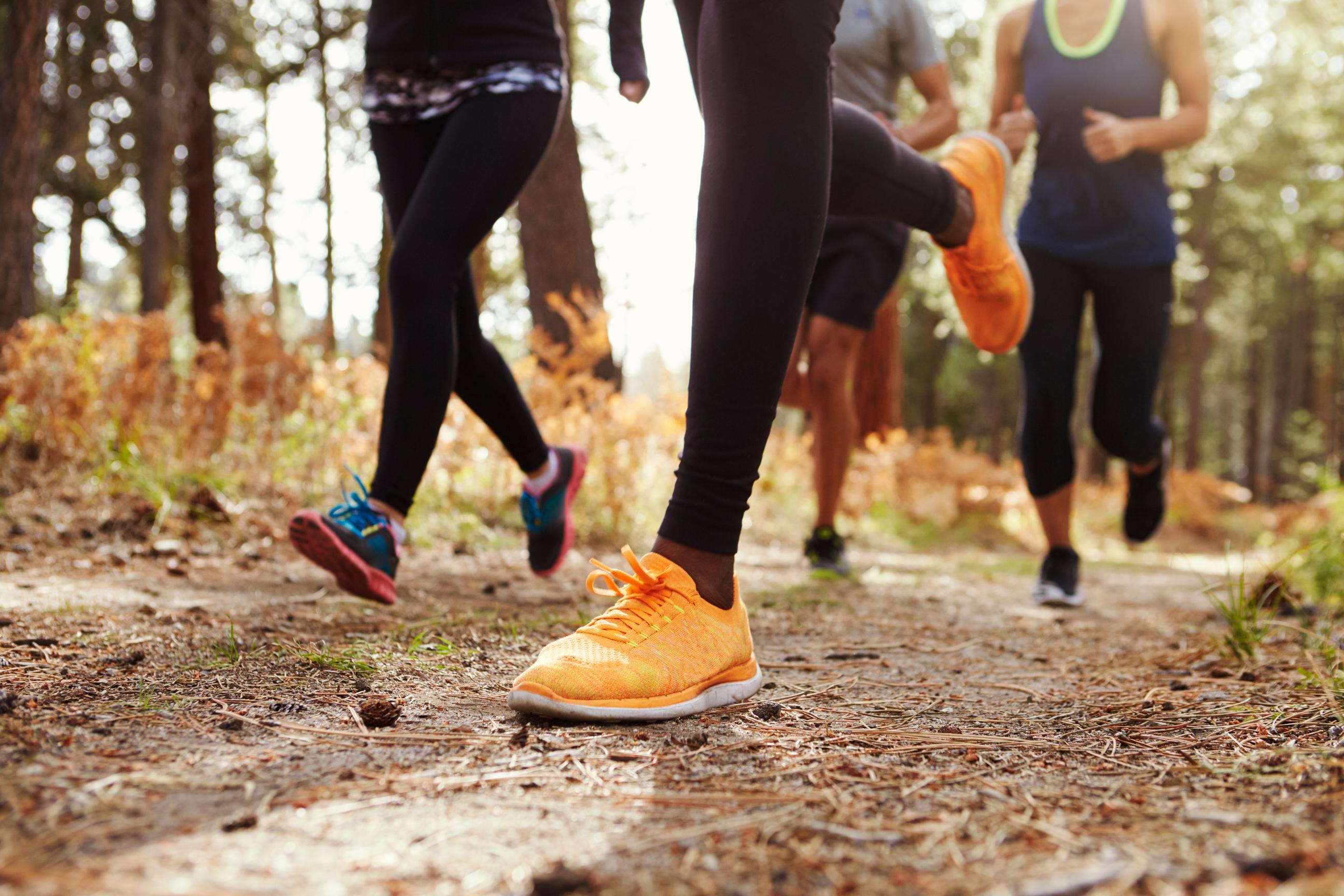question
how do i combat the isolation i feel with arthritis?
Feeling isolated due to arthritis is a common experience, especially for young adults who may have thought this condition only affected older individuals. It's important to acknowledge these feelings and understand that you are not alone in this journey. Here are some strategies to help combat isolation and foster connections:
Stay Connected
-
Reach Out to Friends and Family: Maintaining relationships is crucial. Share your feelings with those close to you. They may not fully understand what you’re going through, but opening up can strengthen your connections.
-
Join Support Groups: Connecting with others who have similar experiences can be incredibly beneficial. Look for local or online support groups where you can share your challenges and triumphs.
-
Engage in Social Activities: While it may be challenging, try to participate in social events, even if it’s just for a short time. This can help you feel more connected and less isolated.
Seek Professional Help
-
Talk to a Mental Health Professional: If feelings of loneliness or isolation persist, consider speaking with a psychologist or counsellor. They can provide strategies to cope with these emotions and help you navigate your feelings.
-
Consult Your GP: Your general practitioner can also offer support and may refer you to mental health services that can assist you in managing feelings of isolation.
Stay Active
-
Incorporate Physical Activity: Regular exercise is not only beneficial for your physical health but can also improve your mood and energy levels. Consult with your GP or a physiotherapist to find suitable exercises that accommodate your condition.
-
Explore New Hobbies: Engaging in activities that you enjoy can help distract from feelings of isolation. Whether it’s painting, gardening, or reading, find something that brings you joy.
Manage Your Well-being
-
Practice Mindfulness and Relaxation Techniques: Techniques such as meditation, deep breathing, or yoga can help reduce stress and improve your overall mental health. These practices can also provide a sense of community if done in group settings.
-
Maintain a Healthy Lifestyle: Eating well and getting enough sleep can significantly impact your mood and energy levels. A balanced diet can help manage inflammation and improve your overall well-being.
Balance Your Life
-
Pace Yourself: It’s essential to find a balance between activity and rest. Learning to pace yourself can help you manage fatigue and maintain your energy for social interactions.
-
Use Adaptive Tools: Consider using tools and equipment designed to make daily tasks easier. This can help reduce the physical strain and allow you to engage more fully in social activities.
Stay Positive and Seek Support
-
Focus on Positive Relationships: Surround yourself with supportive individuals who understand your condition. Positive relationships can help alleviate feelings of loneliness.
-
Share Your Experiences: Sometimes, simply sharing your story can help you feel more connected. Whether through writing, speaking, or participating in community events, expressing your journey can foster connections with others.
Conclusion
Combating isolation when living with arthritis can be challenging, but it is possible. By reaching out to others, seeking professional help, staying active, and managing your well-being, you can create a supportive network around you. Remember, you are not alone in this journey, and there are many resources and strategies available to help you navigate these feelings. If you find that your feelings of isolation persist, please consider consulting a healthcare professional for further support.
This information is not a substitute for professional medical advice, diagnosis or treatment. Always consult a registered healthcare professional about matters that affect your health. Clara uses artificial intelligence to generate general information for personal educational purposes only, not intended to be a management plan and it may contain errors, inaccuracies or may oversimplify concepts.
Sources












